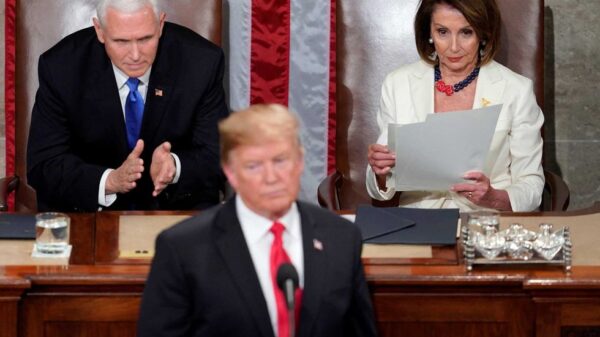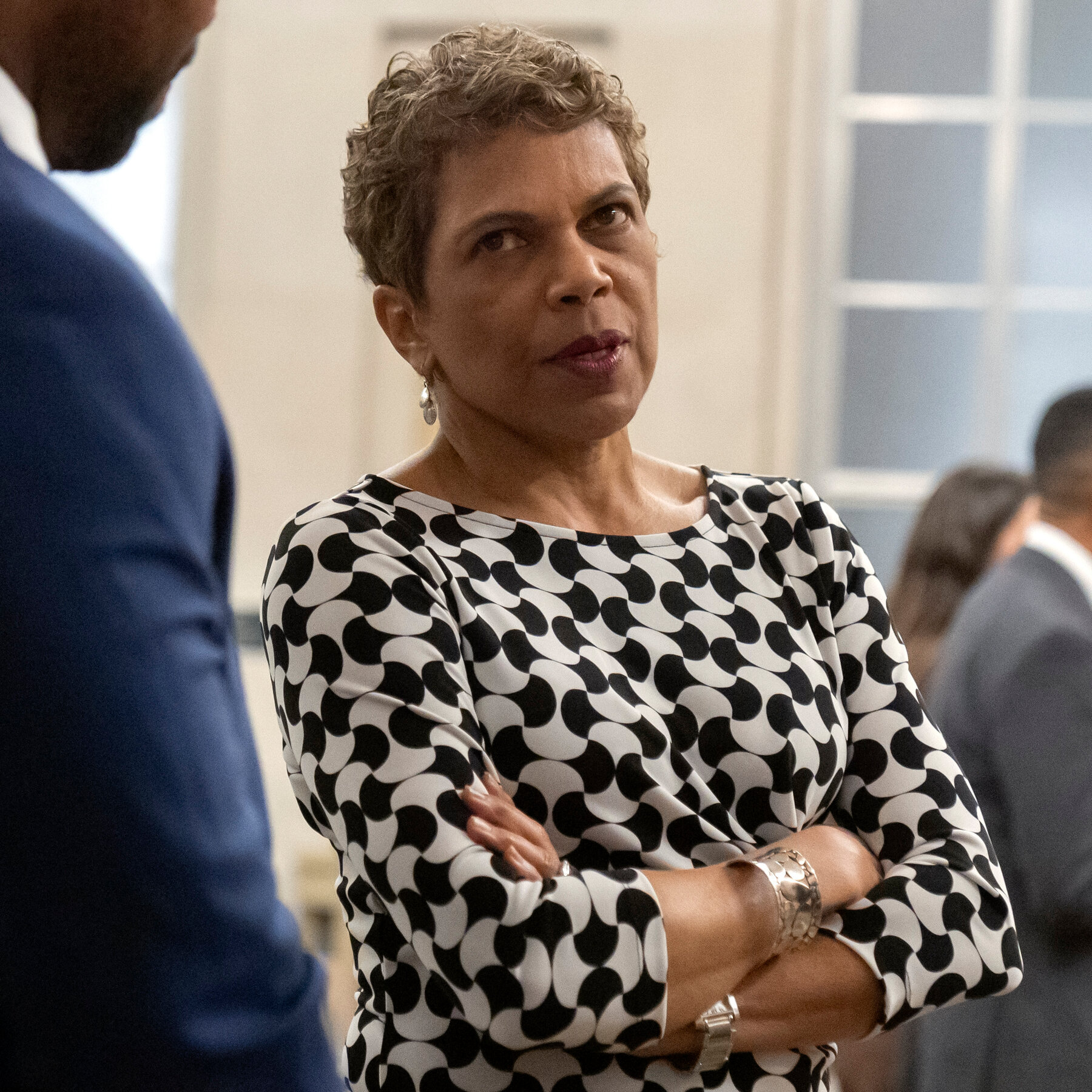A federal judge has ruled against a request to halt the deportation of migrants to Ghana, marking a significant moment in the ongoing legal battles surrounding immigration policies. U.S. District Court Judge Tanya S. Chutkan stated that her authority was limited regarding the migrants, despite the fact that they held protective orders.
The ruling has been interpreted as a win for President Trump’s administration, which has pursued aggressive deportation strategies. Judge Chutkan expressed her frustration, noting that the legal framework left her “hands tied” in this case. This decision reflects the complexities of immigration law and the tension between judicial authority and executive action.
Legal Context and Implications
The case highlights the challenges faced by migrants seeking asylum and protection in the United States. Those affected by the ruling had previously obtained protective orders that were intended to prevent their deportation. However, the judge’s decision indicates a prioritization of the government’s deportation agenda over individual legal protections.
The ruling also raises questions about the broader implications for immigration policy under the current administration. Advocates for migrants have criticized the decision, arguing that it undermines the legal rights of individuals seeking refuge from persecution. Legal experts suggest that this ruling may set a precedent for future cases involving similar protective orders.
Broader Impact on Migrant Communities
As the situation unfolds, the impact on migrant communities is likely to be significant. Many individuals facing deportation to Ghana may have fled dire circumstances, seeking safety and a better life in the United States. The ruling may further complicate their already precarious situations.
The Department of Justice has been involved in numerous legal battles concerning immigration policies, reflecting the contentious nature of this issue in American politics. As debates continue, the voices of those affected remain critical in understanding the human impact of such legal decisions.
The ruling by Judge Chutkan serves as a stark reminder of the ongoing challenges within the U.S. immigration system. With legal battles expected to continue, the future of many migrants hangs in the balance, as they navigate a landscape shaped by complex laws and shifting political priorities.








































































